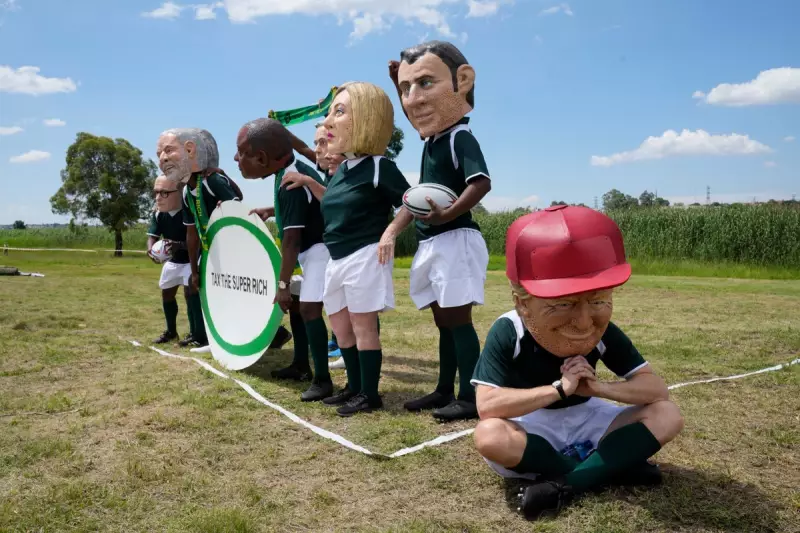
G20 Summit Concludes Amid Diplomatic Dispute with US
The Group of 20 summit in South Africa concluded on Sunday 23 November 2025 with a significant diplomatic disagreement involving the United States. The host nation refused to conduct the traditional handover ceremony of the rotating G20 presidency, describing the American representative as a junior official and demanding representation at head of state level.
Handover Ceremony Cancelled Amid Tensions
South African Foreign Minister Ronald Lamola stated that the handover would not proceed because the United States intended to send only a diplomatic official from its embassy rather than a high-level representative. "The United States is a member of the G20 and if they want to be represented, they can still send anyone at the right level," Lamola declared. "It is the leaders' summit. The right level is the head of state, a special envoy appointed by the president of that country, or it could also be a minister."
The diplomatic rift had been deepening throughout the week, with South African President Cyril Ramaphosa claiming the US had changed its mind about participating at the last minute. The White House denied this assertion, with Press Secretary Karoline Leavitt responding that Ramaphosa was "running his mouth a little bit against the United States and the president of the United States."
Early Declaration Marks Break with Tradition
In an unusual move, South Africa broke with G20 tradition by issuing a leaders' declaration on the opening day of talks rather than at the conclusion. This declaration faced opposition from the United States, which had been critical of South Africa's agenda focusing heavily on climate change and global wealth inequality.
Argentina, whose President Javier Milei – a Trump ally – also skipped the summit, joined the US in opposing the declaration. However, the document received backing from other G20 nations including China, Russia, France, Germany, the United Kingdom, Japan and Canada.
The 122-point declaration called for:
- More financial assistance for poor countries recovering from climate-related disasters
- Measures to ease debt levels in developing nations
- Support for transitioning to green energy sources in emerging economies
Questions Over G20 Effectiveness
Despite South Africa championing the declaration as a victory for international cooperation, questions remain about the G20's effectiveness in addressing major global crises. The declaration made only a single, general reference to the Russia-Ukraine war despite leaders from all major European nations, the European Union and Russia attending the Johannesburg summit.
French President Emmanuel Macron acknowledged the significance of the first G20 meeting on African soil but noted the bloc was "struggling to have a common standard on geopolitical crises."
Some concrete proposals failed to make the final document, including the establishment of a new international panel on wealth inequality similar to the UN's climate change panel. Nevertheless, activists described the summit as a symbolic victory for poorer nations. Max Lawson of Oxfam stated: "This is the first ever meeting of world leaders in history where the inequality emergency was put at the centre of the agenda."
The handover ceremony is now expected to occur later at South Africa's foreign ministry building, while the United States prepares to host the 2026 G20 summit at President Donald Trump's golf club in Doral, Florida.





